When you walk down a beauty aisle or scroll online, it is hard to miss the phrase “clean beauty.” It feels reassuring, almost like a guarantee that what you are putting on your skin is safe, pure, and natural. But the reality is not always so simple. The truth is that “clean beauty” has become one of the most overused and misunderstood terms in the industry, often used more as a marketing tool than an actual standard of safety or integrity.
“Clean Beauty” Sounds Better Than It Often Is
Unlike organic food, which is regulated and certified, “clean beauty” has no universally recognized definition. A brand can decide for itself what “clean” means, and in many cases that definition is loose enough to allow synthetic ingredients, controversial preservatives, or fragrances that may not align with the consumer’s understanding of “clean.”
Some companies include a tiny amount of natural or organic ingredients and then highlight those in a big way on the packaging and advertising. You may see a jar of cream with a beautiful botanical illustration of lavender, for example, when in reality the lavender extract is included at a level so low that it has little impact on the skin. The rest of the formula may be filled with conventional ingredients that do not fit the values people expect when they hear “clean beauty.”
This is how “clean” has become more of a marketing badge than a promise. It sounds good, it feels good, but it does not always reflect what is actually inside the product or how it was made.
The Bigger Picture Behind the Word “Clean”
There is another layer to the story. Many so-called clean beauty products are manufactured in ways that are far from sustainable. Think about the supply chain, the farming of raw materials, and the energy used in production. A label may say “clean,” but if the ingredients are conventionally farmed with pesticides, transported through wasteful logistics, or extracted using harsh solvents, the environmental impact is anything but clean.
The disconnect becomes even clearer when you realize how many “clean” brands still package their products in excessive plastic or do not trace the origins of their raw materials. The term itself offers no accountability, leaving consumers to trust marketing language rather than verified standards.
Why Organic Beauty Holds Itself to a Higher Standard
Organic beauty takes a different path. Certification matters here. To be considered organic, products must meet strict international standards that cover not only the ingredients but also how they are farmed, processed, and tested. When you see a COSMOS or EWG VERIFIED certification, it means there are rules in place, third-party checks, and transparency.
Organic beauty is not about sprinkling in a drop of plant extract. It is about formulating around natural and organic ingredients wherever possible, avoiding pesticides, synthetic fragrances, or questionable chemicals, and ensuring the process from soil to shelf is responsible.
This philosophy goes beyond the formula. Our organic sheet masks, for example, are made from Japanese organic cotton because it is gentle on the skin and grown in a way that supports sustainable farming practices. We are conscious about how we package, how we ship, and how we give back. For us, organic is not a trend. It is a commitment to care: for your skin, for your emotional wellness, and for the environment we all share.
Why This Distinction Matters for Your Skin and the Planet
The difference between clean beauty and organic beauty is more than just semantics. It affects the quality of what you put on your skin every day and the impact your choices have on the planet. Choosing truly organic skincare means supporting farming practices that protect biodiversity, reduce chemical use, and respect workers. It also means giving your skin ingredients that are safer, gentler, and often more effective because they are not diluted by unnecessary fillers.
In a marketplace full of confusing claims, the best approach is to look for transparency. Certifications, ingredient lists, and brand practices speak louder than buzzwords. Clean beauty may look appealing at first glance, but organic beauty provides the trust and integrity that truly lasts.

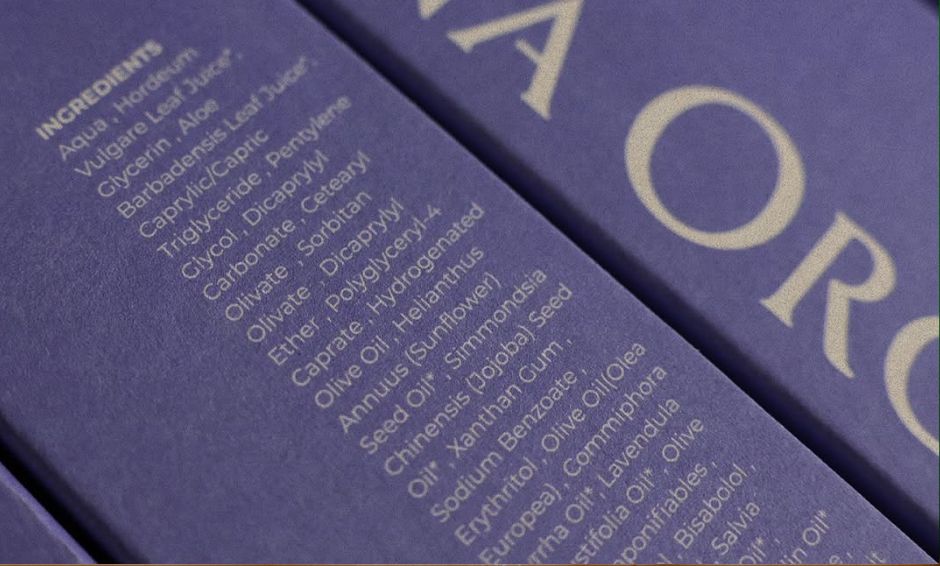
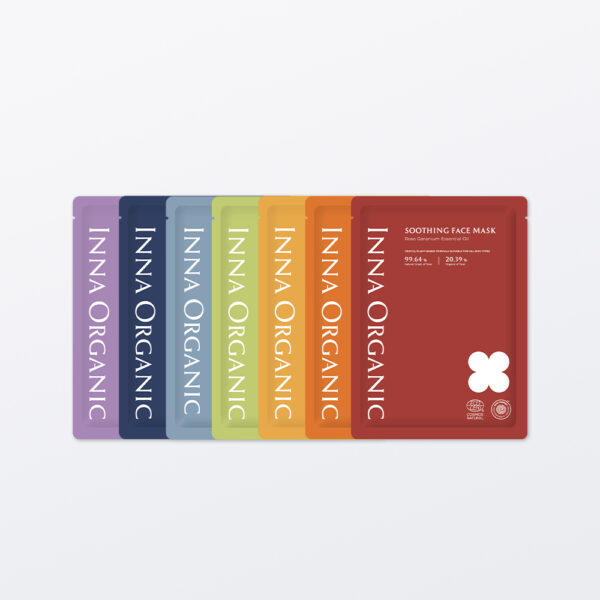
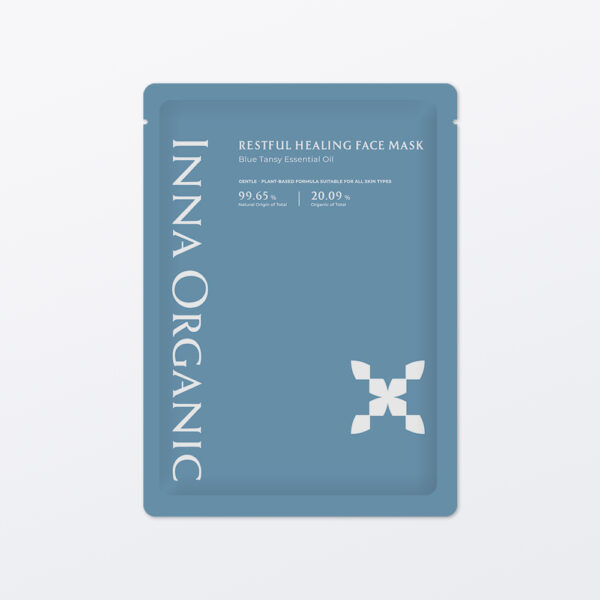
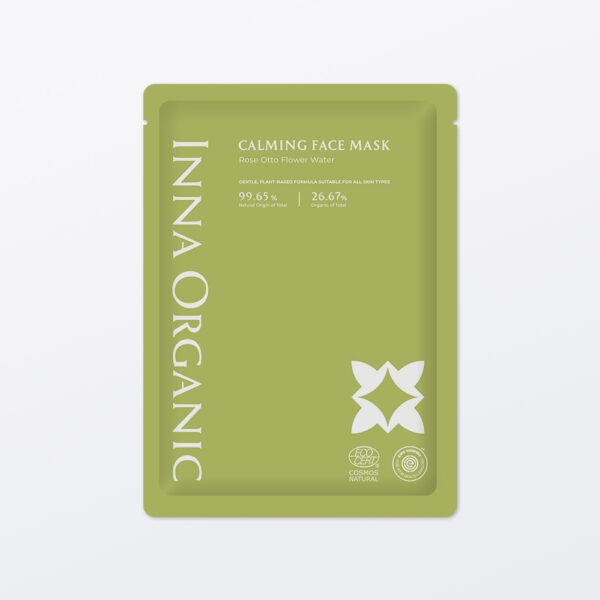
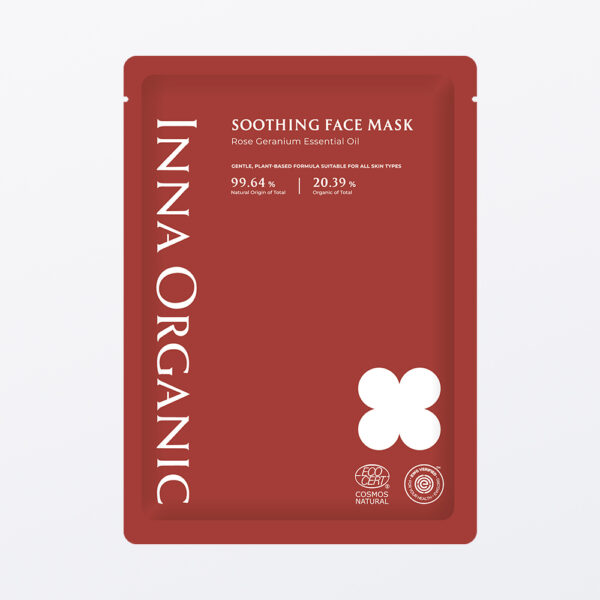
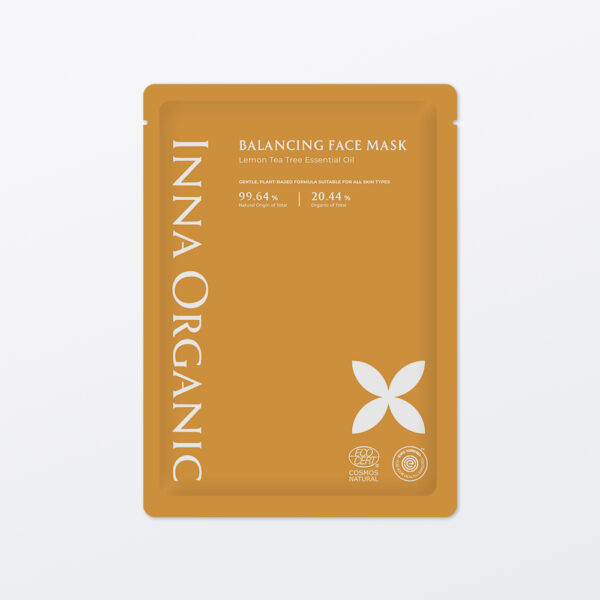
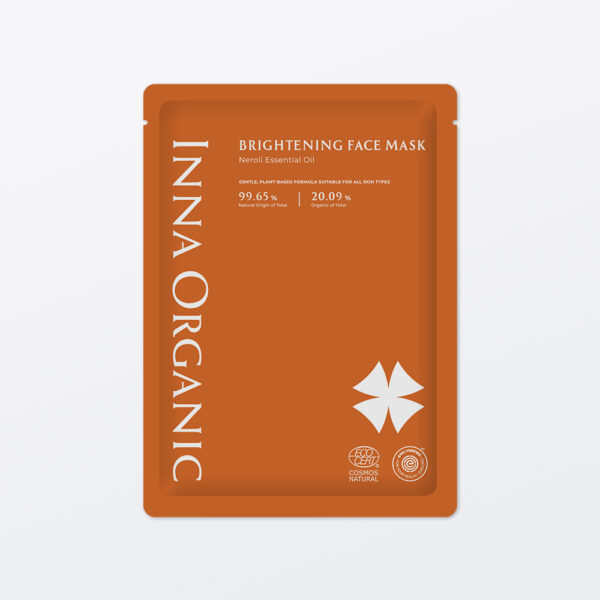
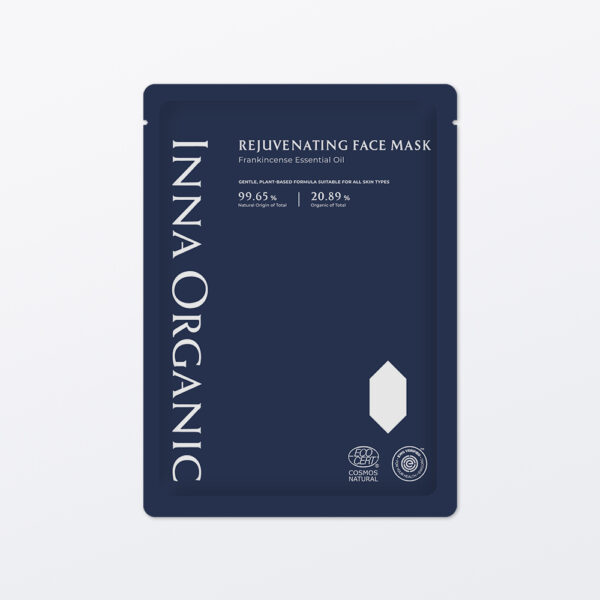
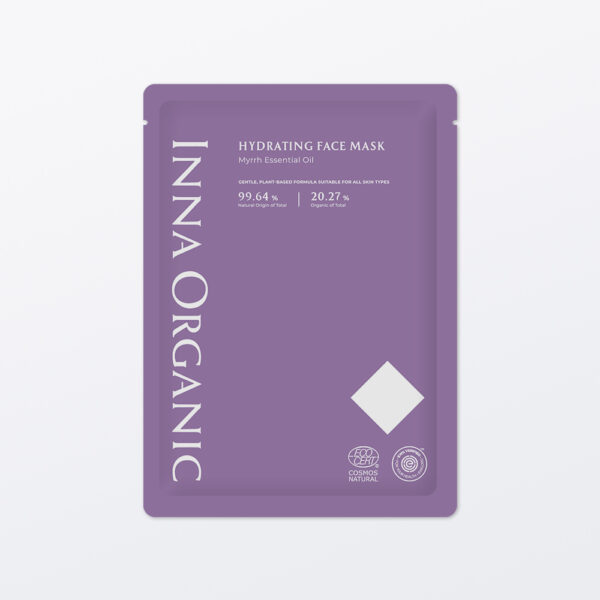
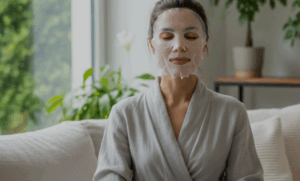
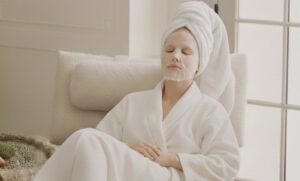


Leave a comment